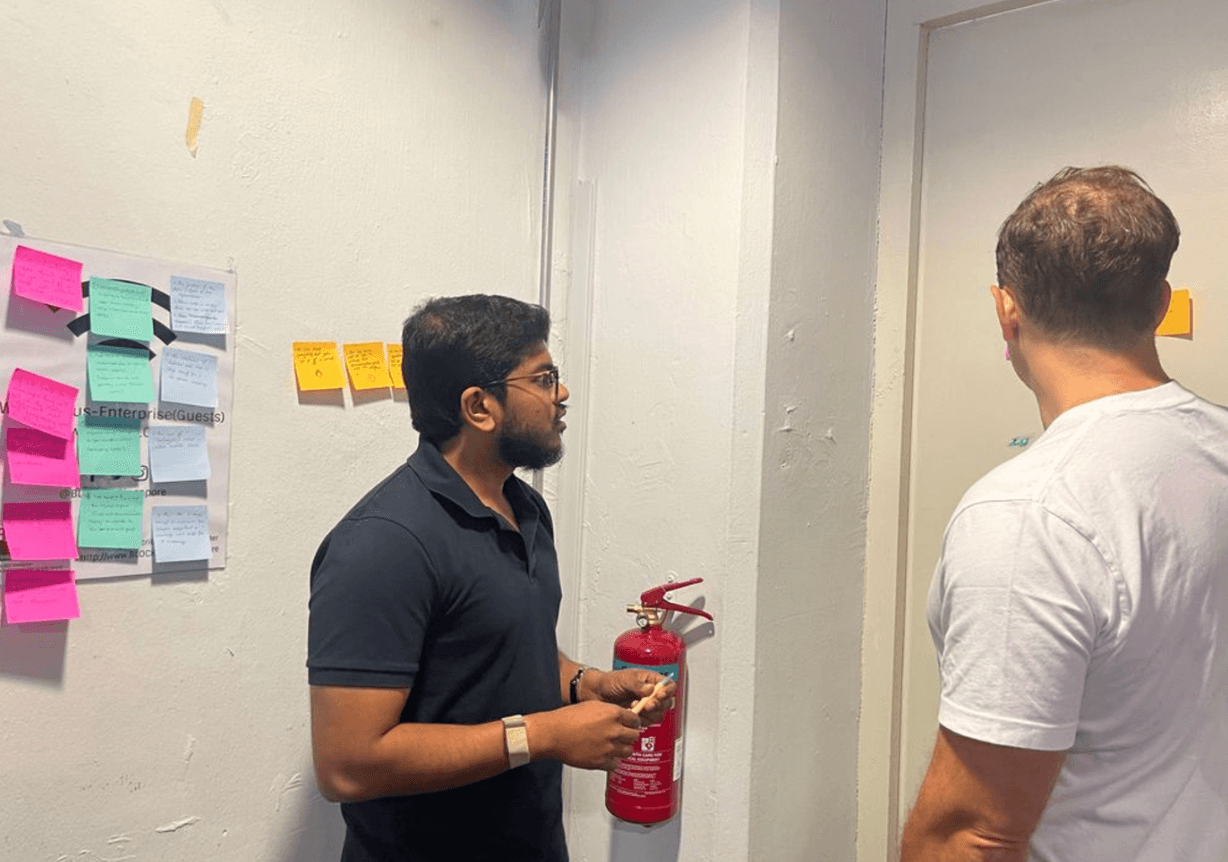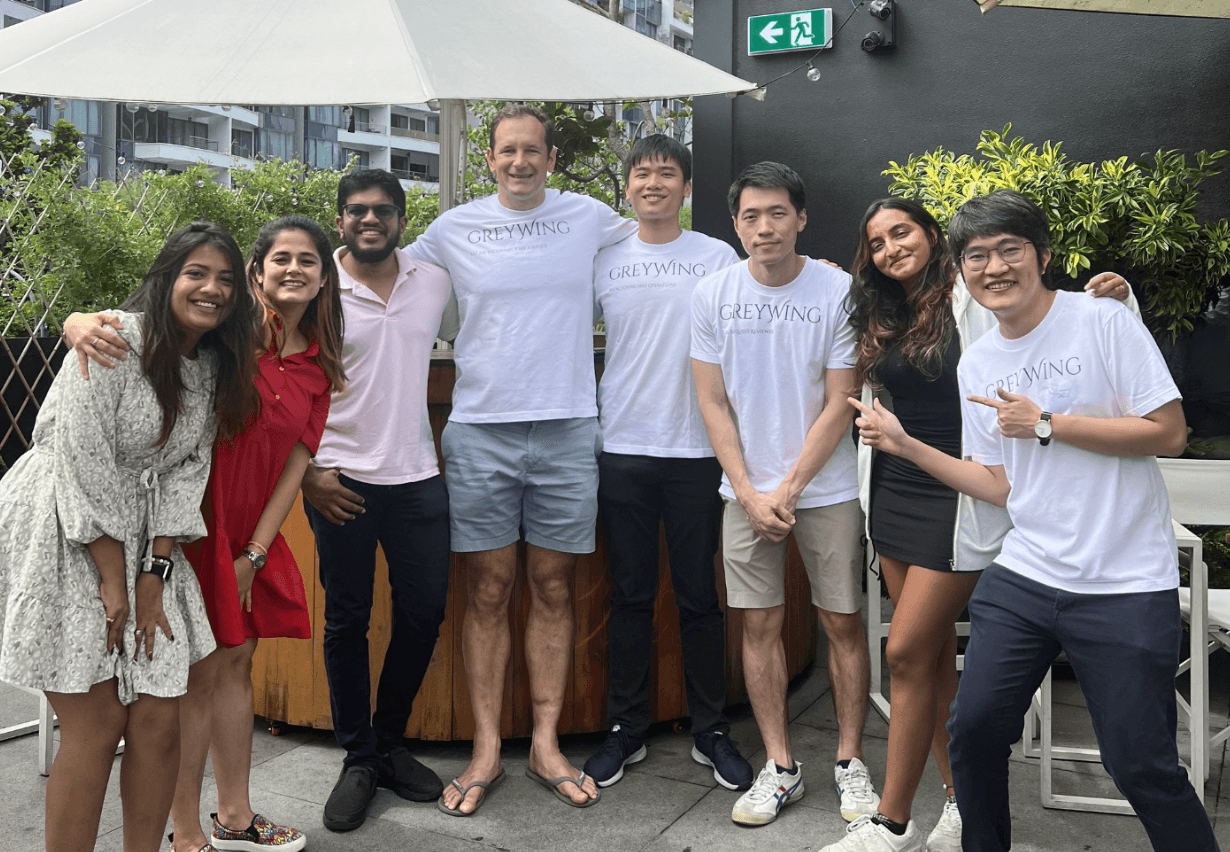
Maritime, Shipping, Product Management & Beyond

Nikki Tibrewala
Published on 21st Feb 2023
5 minutes read
In September 2022, I shared my move from the fast paced tech environment working at one of the top food delivery platforms in the UK and Asia to join the maritime sector with my network. I was a Data Analyst for the last 5 years, and was now going to move to a “laggard industry” to try a new role. I was warned, in shipping, data is still a major concern. Siloed information prohibits collaboration and makes it very hard to work collaboratively. Shipping is capex heavy and does not work like fast-paced industries when it comes to implementing new technology.
I discovered that the naysayers missed out on some nuances. The environment here was much more fast paced than given credit for. While I was used to being in the bare minimum of meetings, my first day at Greywing, I was speaking with crewing directors, managers, travel management companies, port agencies and various other parts of the industry. I used a three step process to understand the space: the first step was to take notes, the second step was to ask questions, and the third step was to connect the dots. It worked like a charm and I was able to grasp the most important information. To mark the end of my first five months, I'm reflecting on the most interesting lessons I've learned so far.
As part of my onboarding journey, for the first time in my life, I sat in on a sales meeting with a client worth over US$300K ARR. I learned about our product through the sales demo, and also the prospect’s pain points, which could in-turn feedback our product fit. The sales call with a shipping company selling a tech product is a unique one for the industry. It highlighted how customer needs and expectations are always changing due to the way each player in the industry operates. So businesses need to be equipped to provide customized solutions, or flexible enough to take them into consideration.
Note: Customers are who we build our apps for, so we want to give them what they want and need, while empathizing with their struggles and frustrations. We at Greywing are on a journey to build an automation that doesn’t exist, and at this initial phase of digitization the importance of the human touch in building it can’t be ignored. Once you have a fully-functional product and you’ve got your customer’s interest for a demo, you've got insights. This allows for an improved understanding of the customer experience and greater customer satisfaction. Greywing's sales calls are informed by its customer-centric approach, which strives to ensure that customers feel heard throughout the sales process.
Late last year, Greywing was accepted into Pier71’s Smart Port Challenge to accelerate the next wave of maritime innovation in Singapore. This 8-week market validation and customer discovery programme has incomparably bridged my knowledge gap in the maritime industry. Listening to other startups, I deepened my knowledge around bunkering, cargo, optimisation, alternative fuels, spare-parts, sustainability and so much more. Since maritime is the thread that connects the global supply chain, connecting with founders is a scaled down version to build collaboration, working together on a shared vision of a more efficient ecosystem.
The domain expert-led sessions not only gave me a bird’s eye view in maritime, but also polished my knowledge around entrepreneurship. One of the early sessions I joined with our CTO, CEO, and Head of Growth was the Value and Assumption Mapping workshop. Alongside my new colleagues, I was not just learning about our existing business, but also creating an impact on the direction we would take as Greywing. Was it bunkering? Spare-Parting? Data Lakes? This activity kick-started the brewing behind closed doors that would soon come out in 2023, and I was a part of that ideation!

One of the reasons I joined a startup was to witness and learn from “the life of a CEO”. There are a few places where an u30 gets an opportunity to work this close with Management. And the work of a Product Manager is to understand both perspectives of the CEO and the CTO, bring the revenue and tech team closer together, and be the bridge between teams. You’re not a part of a team, but rather, a part of all teams. This position enables you to gain a holistic view of the product development process and make informed decisions that will benefit its success. You can also provide guidance and support to all teams, making sure everyone is working together towards a common goal. It has been eye opening to witness the drive and sacrifices made for collective success. Being in this position motivates me to work harder each day, and excites me to turn on my laptop. With a smaller team, it is easier to ensure that the product is meeting customer needs while innovating to anticipate new problems.

Moving to a new company: Greywing, a brand new role: Product Manager, and to a new industry: Maritime, the unknowns are real. Amidst that the warmth and the closeness of the community has been nothing but a blessing. SPC, road to series A and the fast-paced environment, I could not have asked for anything more! I have learned that roles in smaller startups can be a great way to gain experience, learn new skills, and encourage innovative thinking. I would encourage others to take the leap and apply for roles that might take them out of their comfort zone. The maritime industry is a unique and interesting space where innovation and collaboration are key. Working with a smaller team has allowed for faster idea collation, and creative solutions that might not have been possible otherwise. With the right people on board, there is potential for great success in this industry. Additionally, I would invite other product people in the maritime industry to connect and share learnings with one another.

We release every week.
Learn about new tech in maritime, and what we've built as soon as it's live.